
About us
Moxie was founded in 2011 by our CEO Jodie Urcioli and an executive team of scientists and physicians that brings together leaders with experience in biomedical research, health care, public health, biometrics and clinical epidemiology.
Our Corporate Headquarters is located in Berlin, Germany where in-house teams are supported by recognized leaders in cutaneous and allergy research, bringing world class expertise to our current research and development programs.
Scientific Advisors
-

Prof. Dr. Marcus Maurer
-
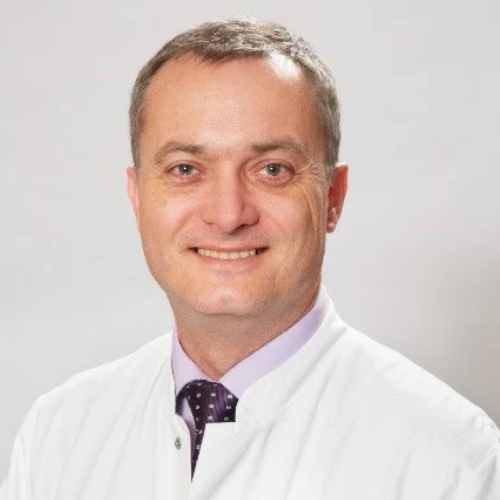
Prof. Dr. Markus Magerl
-
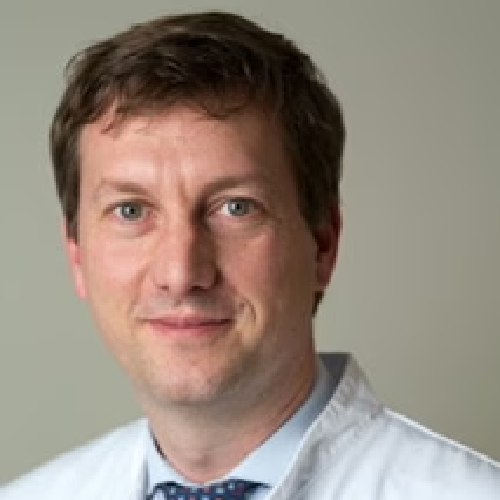
Prof. Dr. Martin Metz
-
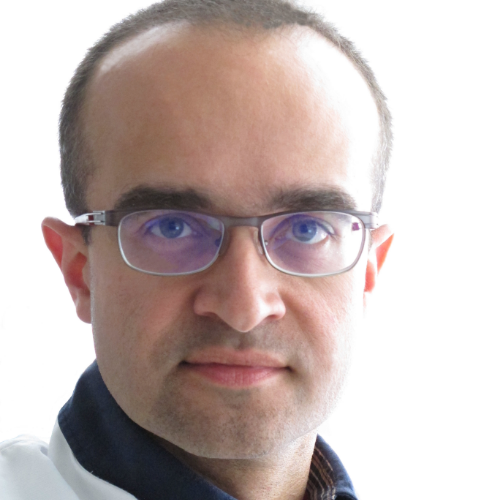
Prof. Dr. Tomasz Hawro
-

PD Dr. Karsten Weller
-
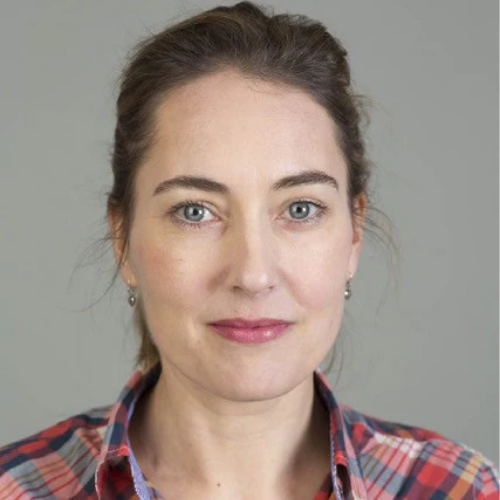
Prof. Dr. Karoline Krause
-

PD Dr. Frank Siebenhaar
-
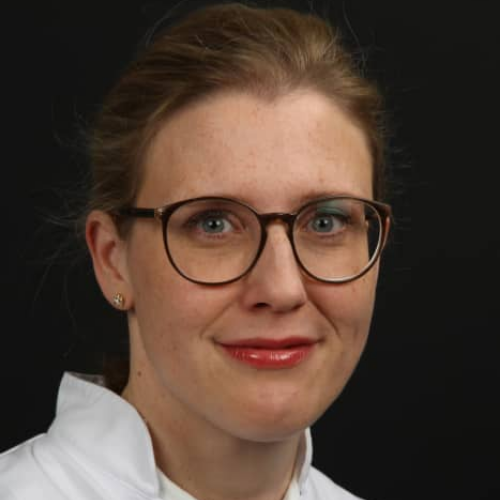
PD Dr. Dorothea Terhorst-Molawi
-
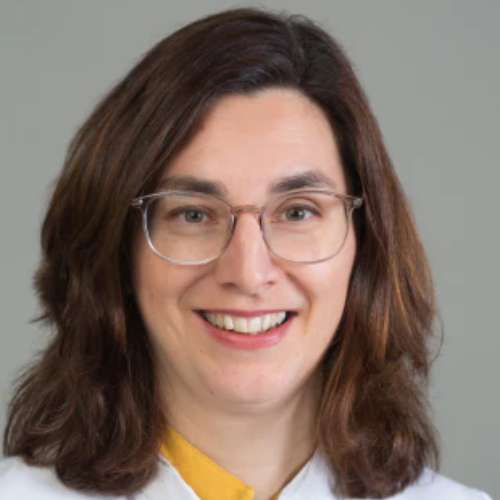
PD Dr. med. Dr. med. univ. Sabine Altrichter
-
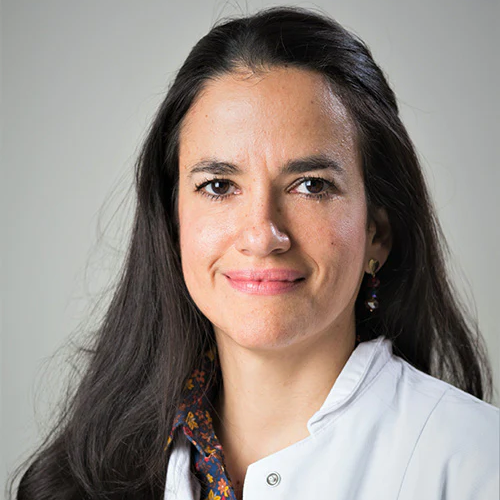
Dr. Melba Lucia Munoz Roldan
-
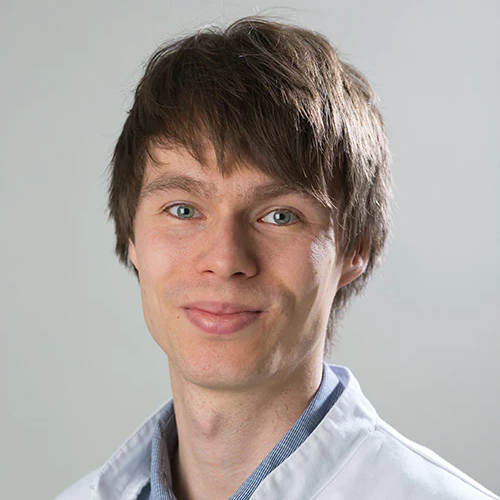
Dr. Thomas Buttgereit
CEO
-
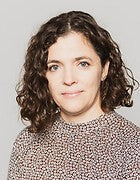
Jodie Urcioli
CEO
Coordinator
-

Anja Lingnau
PROMS Coordinator

Our mission
At Moxie we use a new approach to discover, develop and market products to better prevent and cure diseases. We realize that everyone is special and different. Modern medicine relies on guidelines to treat diseases, based on evidence from clinical trials. That’s good, but not good enough. Moxie takes disease management one step further.
Patients with the same disease have different problems, different disease activity, and different responses to treatment. These differences are due to patients’ age, gender, duration of disease, genetic backgrounds, and other factors. Therefore, every patient needs to have individualized care. At Moxie, we develop profiles of patient subgroups and, ultimately, disease profiles of individual patients so that everyone can receive the treatment that’s best for him or her.
To achieve this goal we develop tools and techniques that allow for the definition of patient subgroups. We then use these instruments to establish and characterize disease subgroups and individual patient profiles and the best corresponding treatment.

Our research
We develop profiling tools and techniques for common diseases with a special expertise and focus in skin disorders and allergic conditions. These instruments include novel devices and methods to discover and establish pathogenic pathways, novel targets and markers for monitoring and predicting the course of disease as well as tools to assess disease activity and the impact of disease on patients’ quality of life.
Our second area of research is the development of subgroup and individual treatment algorithms based on the results of studies using our novel as well as established profiling tools.













